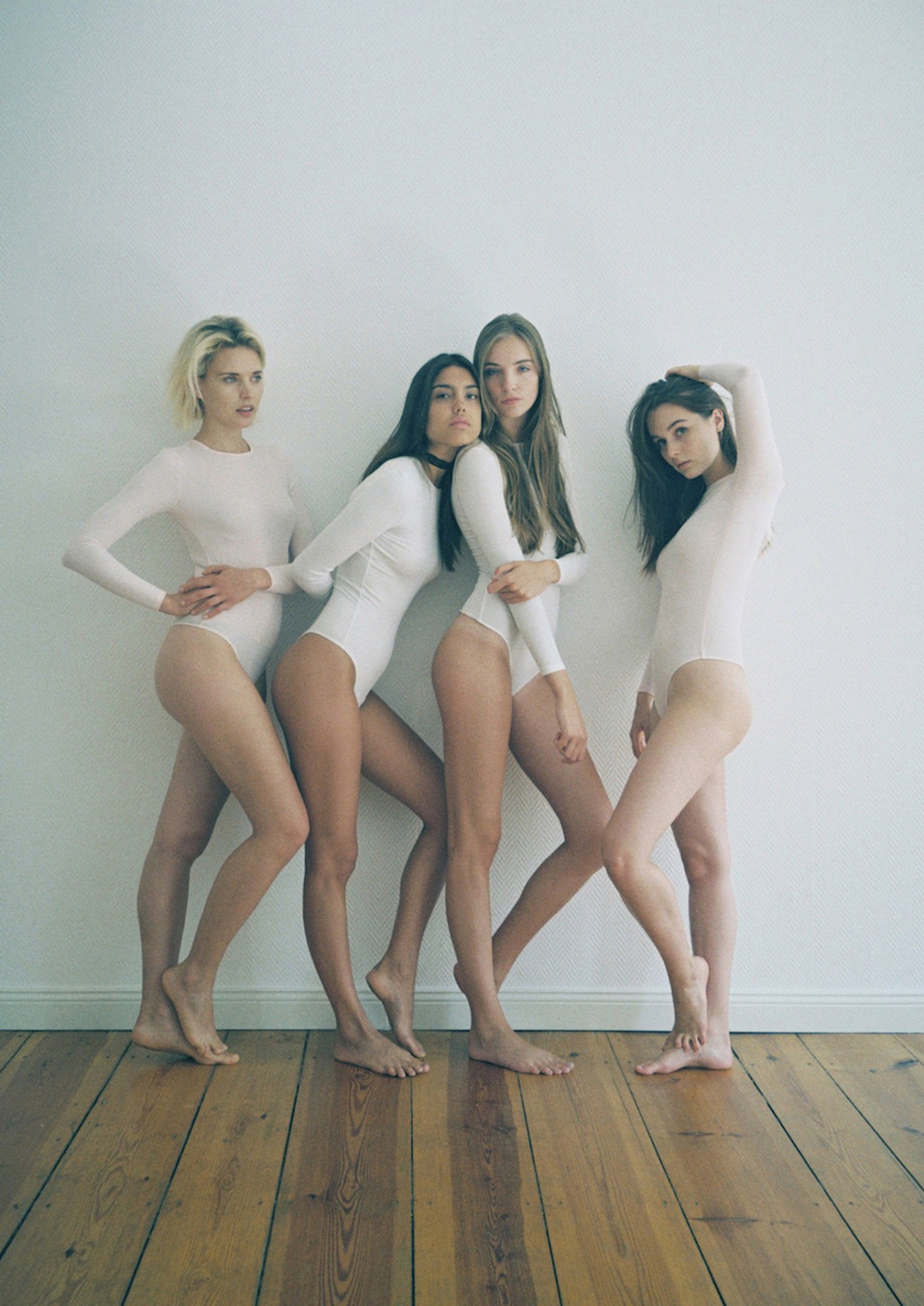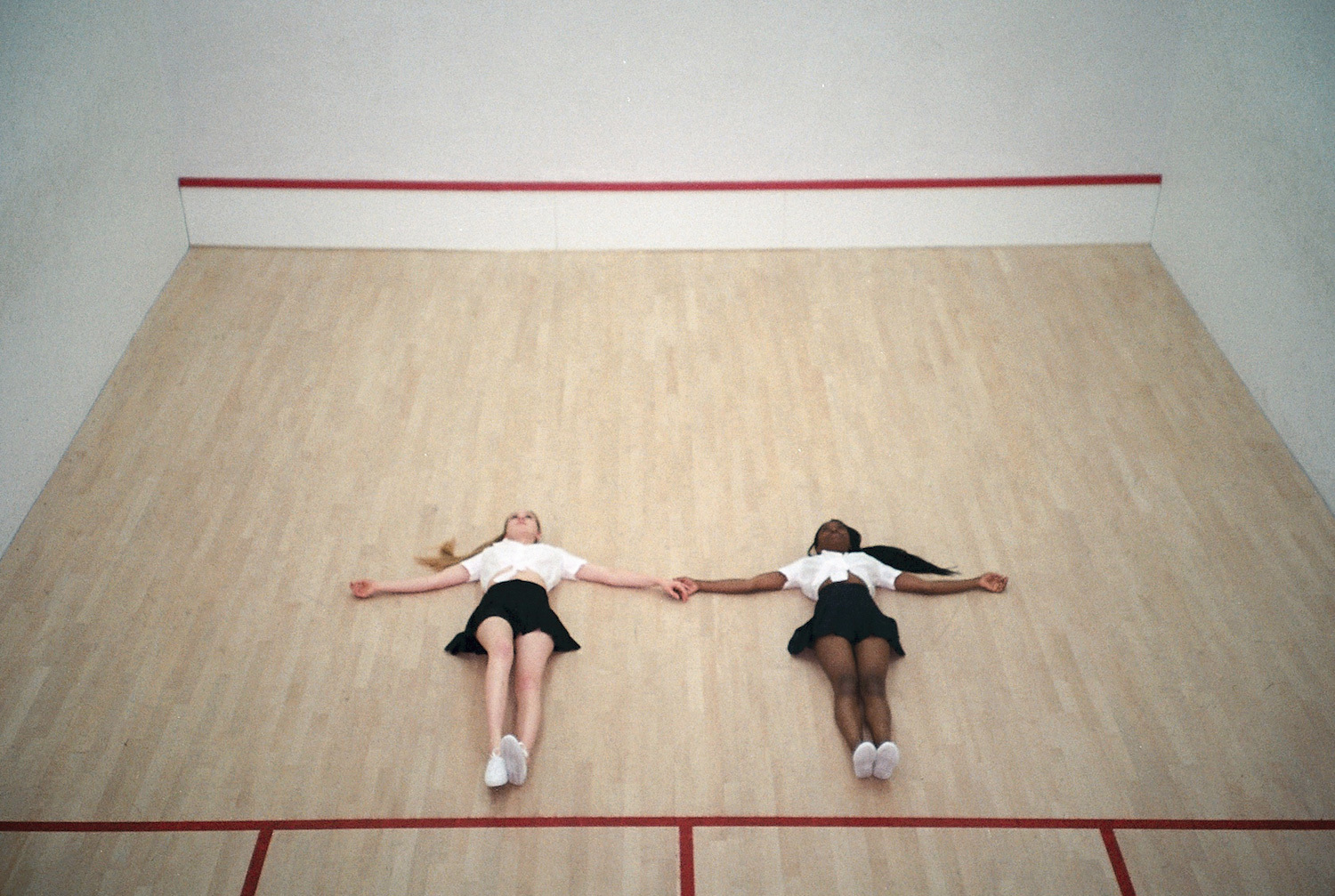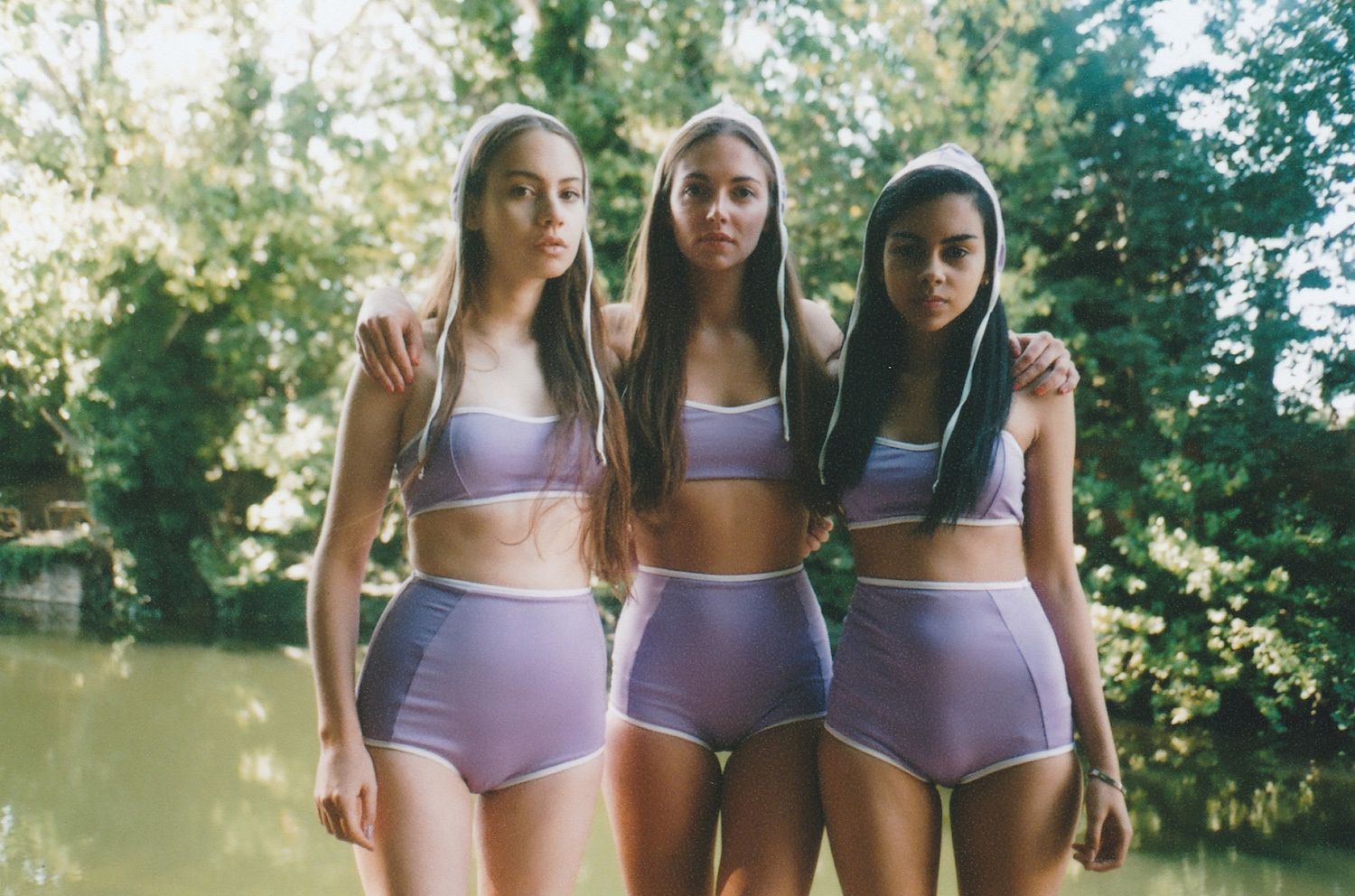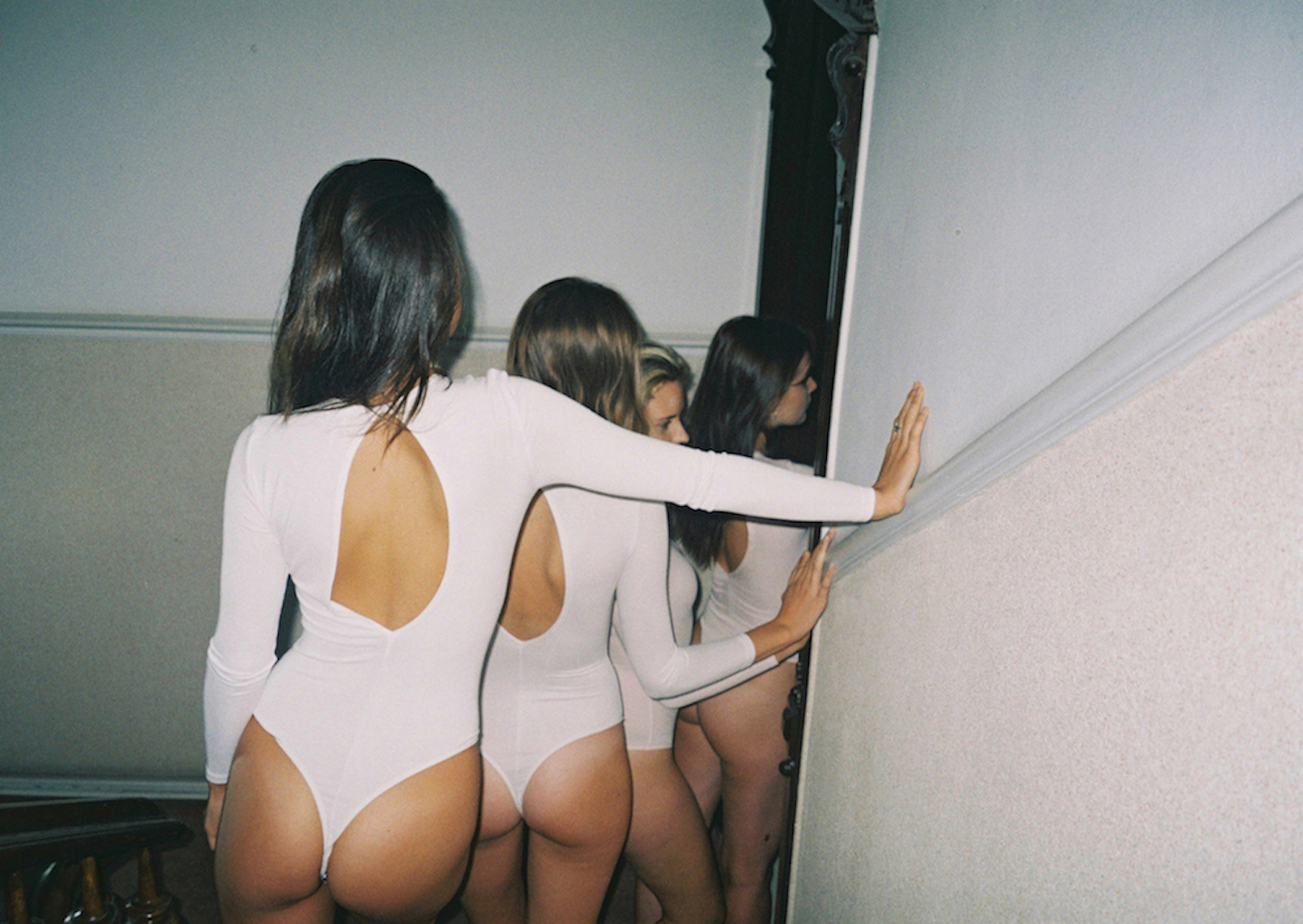Growing up, Ophelie Rondeau had no idea what she wanted to do with her life. So she decided to do it all. At 15-years-old she hosted a weekly radio show, in which she would talk to various callers about their personal problems, friendships, and relationships. Every night a different name, different city, a different story. At 16 she went to drama school to try her hand at being an actress. Failing that, she turned to writing. At 19 she moved from the French countryside to the bright lights of Paris where she wrote her first novel; but when her laptop crashed a few weeks after she had completed it, she was once again forced to return back to the drawing board. Next she took a stab at the music industry, moving to London at 22 to work in A&R and interview bands. There she sold merch, went on tour, did the guestlist, and even met Jarvis Cocker. At 25 she gave birth to a beautiful baby girl and two years later finally found her calling, after her grandmother gave her an old camera. At 29 years old, Ophelie is steadily carving herself out an impressive career as a photographer. Her #ophelieandthegirls series, an intimate portrayal of girlhood and female friendships, has garnered her a lot of attention. Now living in Berlin, she’s currently working on a new project called Mouthful, a platform dedicated to showcasing the work of young artists, whether online or IRL, which she hopes to launch later this year. Here we talk to the budding photographer about the power of the female gaze and why we need to see more women behind the camera.

Who or what inspires you?
Everything and everybody can be a source of inspiration. It all depends on how you look at things, people. I think the Helmut Newton’s permanent exhibition Private Property at the Museum of Photography in Berlin is what inspires me the most these days. It influences everything I do.
How would you describe your overall aesthetic?
My aesthetic is a true representation of my personality. My work is based on the concepts of repetition and symmetry; I’m obsessed with the way everything looks — in life as much as in my photos. I would say my aesthetic is tidy.
What does the female gaze mean to you?
I think the female gaze is as equally important as every other gaze. We all see and perceive things differently, therefore it’s important to evolve in a culture where every gaze is represented, for one to better understand others for instance. There is an obsession with the female gaze going on these days, and I think it’s great to make and give space for women to share their vision, but points of view do not only differ according to gender but also to generations, origins, religion, and so many more aspects.

Why is it so important to have more women behind the camera?
We need more women behind the camera for other genders to comprehend them better, the same way we need more trans people behind the camera for everybody else to learn from them. I think it’s important to have all kind of individuals behind the camera in general. Us, girls, might all be of the same gender but it doesn’t mean we see everything the same way.
Should one’s gender determine one’s work?
Not at all. Art should be genderless. In an ideal world, all work opportunities should be genderless and made upon skill and merit, not by an inherited, unproven accolade of societal association or a preconceived perception of biology.
Feminism is part of the cultural conversation like never before. Why do you think this is?
Feminism wasn’t born yesterday and it’s great to see that it’s still in conversations, but at the same time it also means that after all these years and efforts, the issues remain pretty much the same. Talking about an issue is good and can be progressive, but doing something about it is much more rewarding. The problem with feminism today is that it is often associated with unshaven body parts and that’s what seems to be at the center of the conversation. A sort of trend that has developed within social media. It’s great to teach future generations to love their body and feel free to do whatever they want with it, but I think if we are to make any headway in becoming an equal and unite world, it must be in the tackling of wider issues that affect us by day.

What’s the bravest thing you can do as a young person?
As crazy as it sounds, the hardest thing to do is to do what you want. It’s crazy because it really shouldn’t be difficult, but it is and it’s often due to parents believing they have their say about what their children want to do with their future. So the bravest thing you can do as a young person is to take that step and succeed in doing what you want to do, and getting your parents on your side.
What are you working on at the moment?
I am currently working on a new curatorial platform called Mouthful, for which I have conversations with artists via social media. The project will launch in October, and a public IRL art show will take place in Berlin shortly after. I’m super excited about this platform because I think it’s important to give the opportunity to artists to talk about topics that aren’t often brought up, in a form of a casual conversation to make it more natural. I would love to host online debates too, with a bunch of four or five artists at a time and around one main topic.

Credits
Text Tish Weinstock
Photography Ophelie Rondeau
